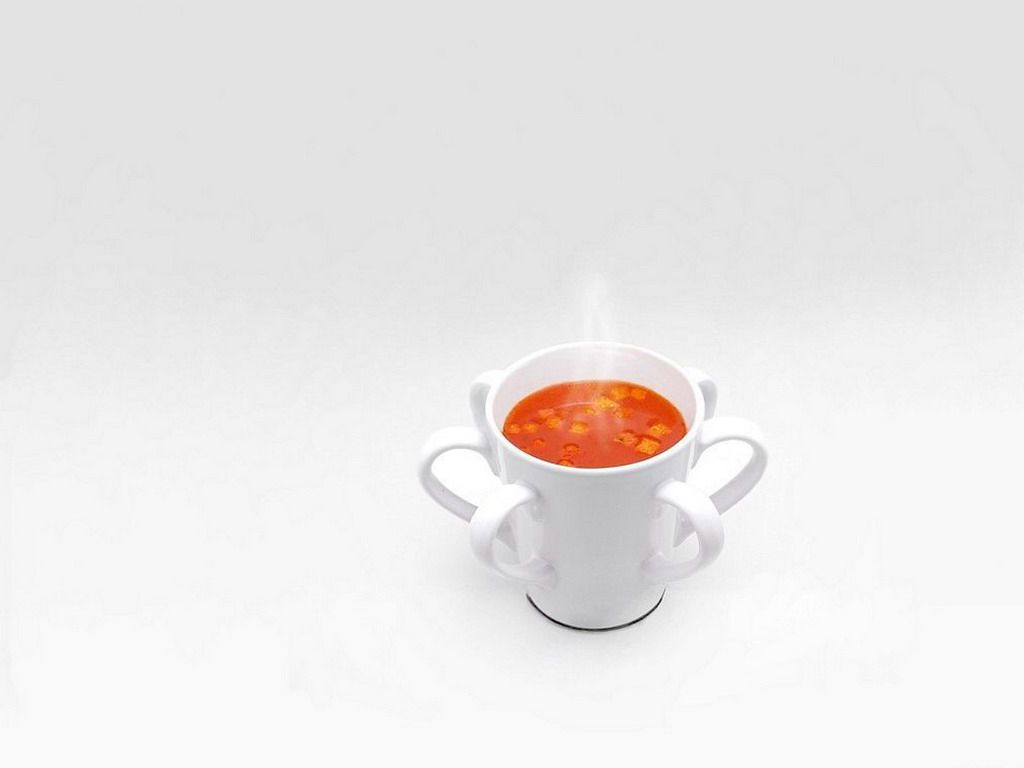New publications
Instant soups are deadly
Last reviewed: 01.07.2025

All iLive content is medically reviewed or fact checked to ensure as much factual accuracy as possible.
We have strict sourcing guidelines and only link to reputable media sites, academic research institutions and, whenever possible, medically peer reviewed studies. Note that the numbers in parentheses ([1], [2], etc.) are clickable links to these studies.
If you feel that any of our content is inaccurate, out-of-date, or otherwise questionable, please select it and press Ctrl + Enter.
Instant soups, packed with preservatives and flavor enhancers, were invented for the starving people of Africa.
Instant soup manufacturers lure consumers with images of mouth-watering pieces of meat, vegetables and mushrooms. However, when we open the package, we find something dried out beyond recognition.
Fortunately, no dogs in the literal sense of the word were found in the "minute" lunches. We sent 5 soup samples to the lab to check whether the bright labels on the packages were deceiving us: "Natural chicken fillet" and "Beef meat"? And here is the first surprise: in all the soups, the experts found DNA of the exact type of meat that was indicated on the label. DNA is, of course, good. But why do the tiny brown pieces resemble anything but meat? "The manufacturer obtains such a product by drying. The meat fibers in it are destroyed, and it is impossible to determine the age of the pieces," says Vera Pisareva, head of the Independent Expert Laboratory. "It is quite possible that they are made from meat that has been stored for decades." And why not try some croutons from a cow slaughtered in the last century?

But this is not the worst thing about the rich contents of soups. "Do you want to get a packet of poison? In my opinion, it is enough to pour all the ingredients of instant soup into it!" - Alexey Kovalkov, a nutritionist and head of a weight correction clinic, appeals to the common sense of consumers. - As a rule, these products contain the cheapest and lowest quality: palm oil (the most harmful of all, except, perhaps, machine oil), phosphates (retain water in the body), fat, dyes... Monosodium glutamate is very dangerous - a flavor enhancer, thanks to which food seems terribly appetizing: the brain and body are deceived.
A person who is “hooked” on such soups, after some time, stops tasting the natural broth; it seems bland to him.”
Instant soups, stuffed with preservatives and flavor enhancers, were invented for the starving peoples of Africa... "In the composition of instant soups, manufacturers indicate dyes and flavors with the note "identical to natural". This is pure chemistry, there is nothing natural in it," warns Dmitry Edelev, rector of the Moscow State University of Food Production. Guar gum is also not good for the body - a toxic substance. "Experiments were conducted in the West: rats and insects refused to eat such soups. There is nothing alive in them," says Dmitry Edelev.
As a rule, the manufacturer packs seasonings and additives in separate bags: if you want, pour them on the noodles, if you don’t want, eat only the pasta. But there’s a catch here too. The harmless noodles are nothing more than fast carbohydrates. And from them, according to the nutritionist, sugar levels jump sharply, to which the pancreas reacts with powerful insulin releases, and as a result we can get type 2 diabetes. “You can’t eat such things!” exclaims Kovalkov and tells about a friend who ended up in intensive care because of “fast lunches”: “After 2 weeks of regular consumption of such food, it is quite possible that you will get gastritis, gastroenteritis and other diseases of the gastrointestinal tract.”
But we did find a positive side - one of the soups had a sign saying: contains vitamins! We couldn't believe it. "Vitamins may indeed be contained in such products," Vladimir Bessonov, head of the food chemistry laboratory at the Russian Academy of Medical Sciences' Research Institute of Nutrition, dispelled our doubts. "A special drying technology was developed for feeding cosmonauts, which allows for the preservation of useful substances." A weak consolation, but still.
